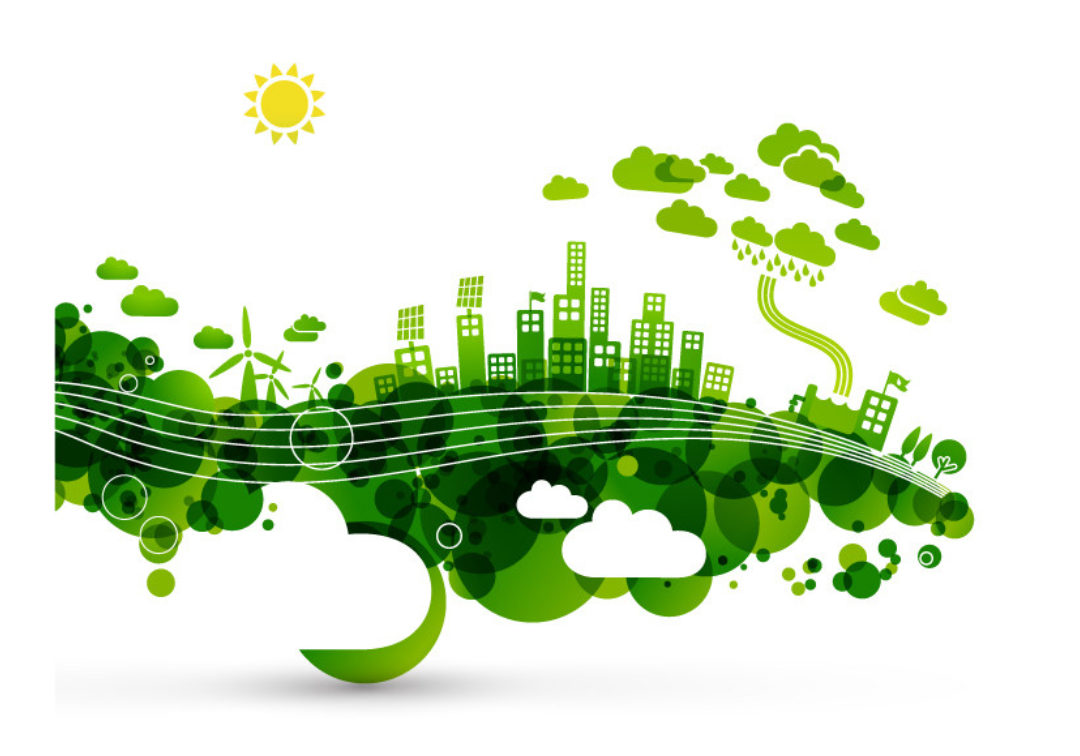
Egypt – Cabinet Confirms that Green Hydrogen and Green Ammonia Projects can benefit from Tax Incentives under the Investment Law
The Prime Minister announced that companies operating in the following green energy project will benefit from the tax incentives stipulated under the Investment Law No. 72 for 2017:
- The production, storage and export of green hydrogen.
- The production, storage and export of green ammonia
- The manufacturing of alternatives to single-use plastics.
The tax incentives granted under the Investment Law come in the form of a temporary tax reduction for projects established within 6 years from the effective date of the Executive Regulations of the Law, i.e., until October 2023. The reduction will be from the net taxable profits subject to the following rates:
50% of the investment cost of setting up a project in geographical locations that are in most need for development (underdeveloped locations) as will be specified by the Central Agency for Public Mobilization and Statistics (CAPMS). The Law named these locations as Zone A. The Executive Regulations determines ‘Zone A’ as covering
- The Suez Canal Special Economic Zone,
- The Golden Triangle Special Economic Zone,
- The New Administrative Capital Zone,
- South of Giza governorate,
- Governorates affiliated to the Suez Canal which are Port Said, Ismailia, Suez (east of the canal),
- Border governorates, including the Red Sea governorate from south Safaga,
- Upper Egypt’ governorates, and
- other areas that are in most need for development as decided by the Prime Minister.
30% of the investment cost of a project that is set-up in other remaining geographical locations other than Zone A, which the Law named as ‘Zone B’, and is working in one of the following sectors:
- Labor-intensive projects.
- SMEs.
- Renewable energy projects.
- Strategic projects as specified by the Supreme Investment Council.
- Tourism projects as specified by the Supreme Investment Council.
- Electricity projects specified by the Supreme Investment Council.
- Projects exporting their products outside Egypt.
- Vehicle and related feeders industry projects.
- Wood, furniture, printing, packaging and chemical industries.
- Antibiotic, cancer treatment and cosmetics.
- Food and agricultural products as well as agricultural waste projects.
- Engineering, mineral, textile and leather projects.
In order to benefit from the 30% incentive, the green project must meet one of the following criteria:
- Rely on renewable energy;
- Be a small or medium enterprise (SME); or
- Export its production outside Egypt.
The 30% and 50% incentive will be calculated from the investment cost of the project, and the incentive amount will be deducted from the net taxable profit of the project. The deduction can be accrued for a maximum duration of 7 years as of the operation date of the project.
In all cases the incentive may not exceed 80% of the paid-up capital of the project until the start of its operation.
The investment cost is defined to be the sum of the following:
- equity fund,
- long term loans used to finance the establishment of the movable and immovable assets of the project, on the condition that it will be repaid in cash; and
- working capital.
for more information about the Investment Law and the other incentives it offers, please read our report Egypt’s Investment Regulations.
For any questions, please contact our partner Dr. Fatma Salah.

